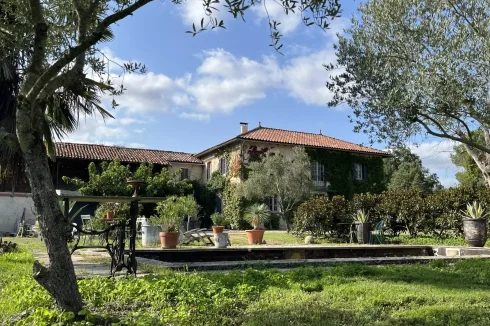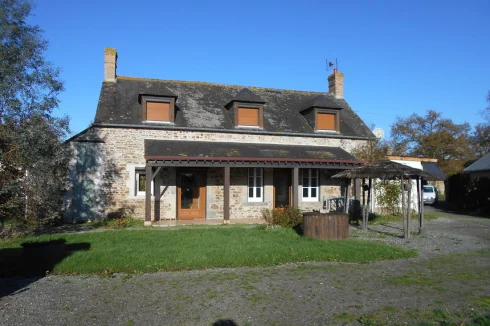Changing Face of La Poste
Tuesday 05 August 2014
With the growth in private parcel delivery services and electronic means of transmission, the French post office is having to modernise to survive.
It was a symbolic event. Although managers tried to make the most of it by claiming that they were developing €100m 'multimodal' transport system, what it amounts to is little more than the replacement of their high-speed trains by standard rail and road freight containers.
Against the backdrop of a huge fall in demand for its postal services (4% a year since 2008), and the prospect of full privatisation in the future, like most other postal services around the world, La Poste faces an uncertain future.
It no longer has a monopoly of mail above 50 grams and the EU is pressing for more competition.
La Poste has had to react by cutting costs, raising prices, improving service delivery and trying to find new markets.
In the past few years thousands of post boxes have been removed, and for most people there is now only one postal collection a day.
After an increase of 3% in the cost of stamps in January, the telecommunications regulator ARCEP has recently agreed that La Poste can increase prices by inflation + 3.5% a year over the next four years, equivalent to an increase of over 5% a year until 2018.
The regulator has also agreed that La Poste can implement up to 50% of this four year increase by January 2015, so a substantial hike in prices may well be in the cards for 2015.
The increase has been agreed "in order to ensure the sustainability of the universal service" and "to give La Poste means to transform of its development model", says ARCEP.
That does sound very much like the goose is being fattened up for Christmas.
As part of that process of transformation, in 2010 La Poste became a limited liability company of the State, giving them more commercial freedom, since when they have gone on a swath of acquisitions at home and abroad.
They are also experimenting with new approaches and a substantial modernisation of their offices.
That includes more flexible services, with better tracking capabilities for shipping documents and small goods.
A new range of express and parcel services to be launched in January 2015 promises to be easier for businesses and consumers to use, and for post office staff to advise customers.
The new approach will allow the shipping of items of less than 3cm thick under prepaid rates normally used for documents. This would include small e-commerce items like CDs, DVDs and books.
La Poste is also planning to begin setting up dedicated areas in post offices where customers can receive assistance in the preparation of shipments, to be initially trialed in 300 post offices.
Along with the refined express and parcels range, La Poste is also promising a new universal service product in the form of a trackable letter delivered within 48 hours, for documents up to 3cm thick.
Outside of its main postal service, La Poste is also developing its operation, La Banque Postale, which was once really only used as a tax free savings bank by its customers, but is now growing into a much bigger player, offering a full range of banking services.
Public Service
These obligations mean that no more than 10 percent of the population in a given area may be more than five kilometres away from a post office.
However, the nature of these offices are also changing, with many becoming no more than 'Relais Poste', either part of the local mairie, or tucked in behind a local shop.
In the Jura and environs La Poste is experimenting with the postman delivering meals on wheels, in partnership with a national supermarket chain.
Indeed, in rural areas it is an historic custom for the facteur to render a number of personal services to the elderly and infirm, such as collecting medicines and food, as well as posting a letter or parcel.
The increased provision of personal distribution services in support of rural communities and vunerable individuals forms part of the development strategy of La Poste.
Next Article: French Winegrowers Blown Over By Storms
Thank you for showing an interest in our News section.
Our News section is no longer being published although our catalogue of articles remains in place.
If you found our News useful, please have a look at France Insider, our subscription based News service with in-depth analysis, or our authoritative Guides to France.
If you require advice and assistance with the purchase of French property and moving to France, then take a look at the France Insider Property Clinic.





